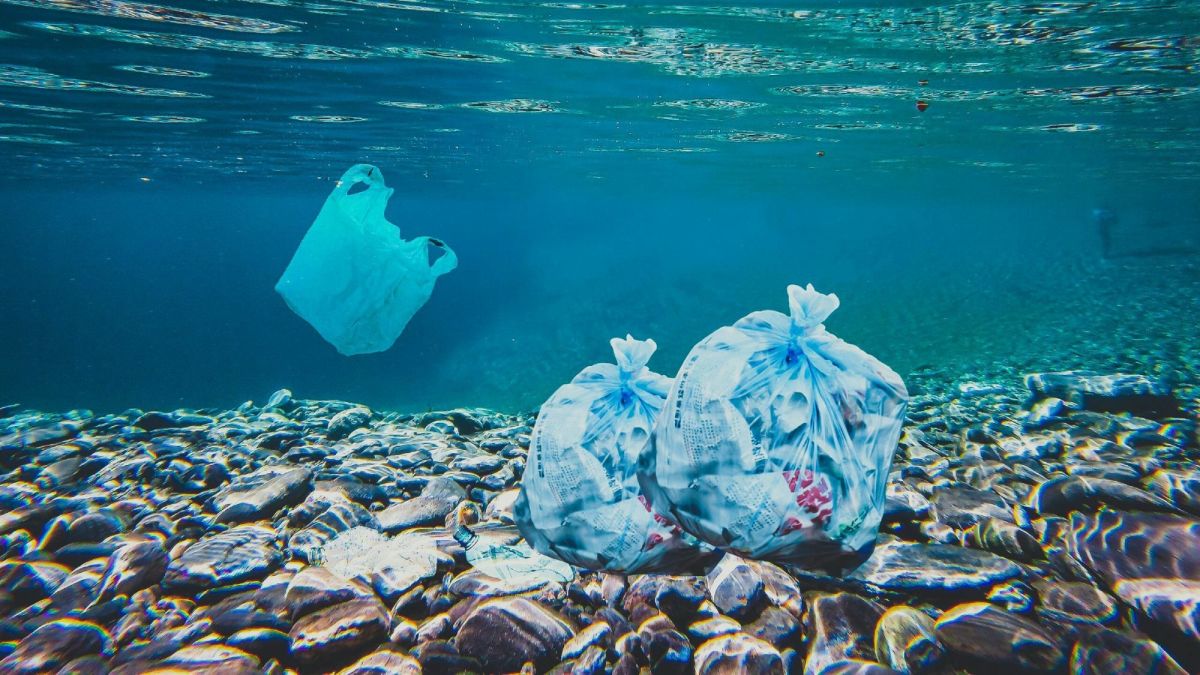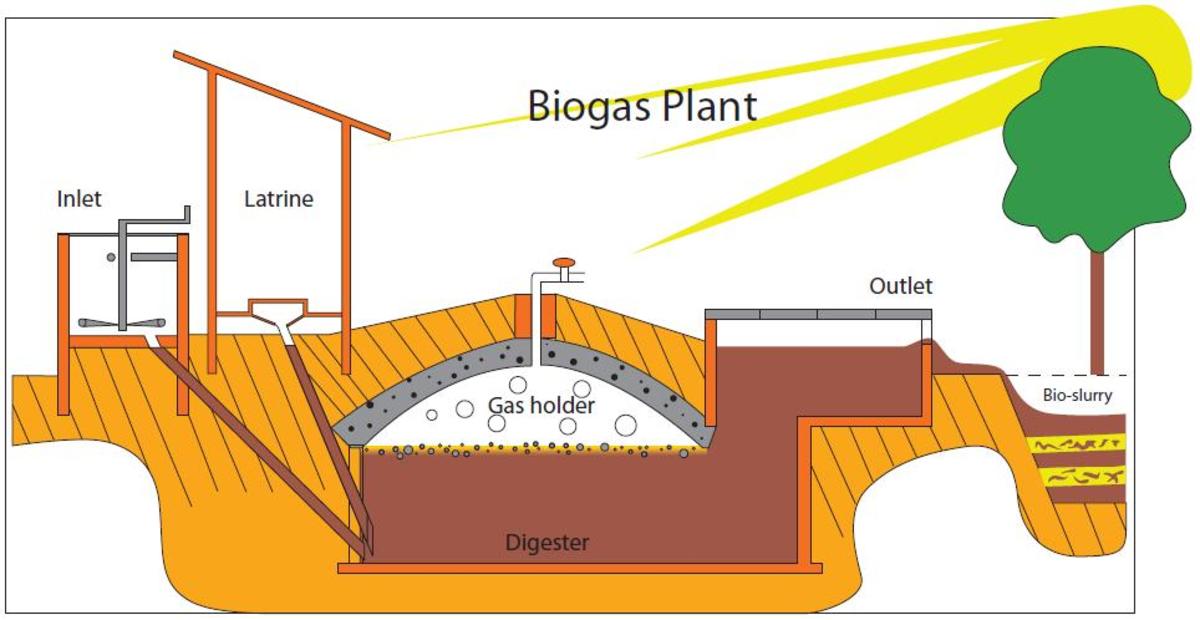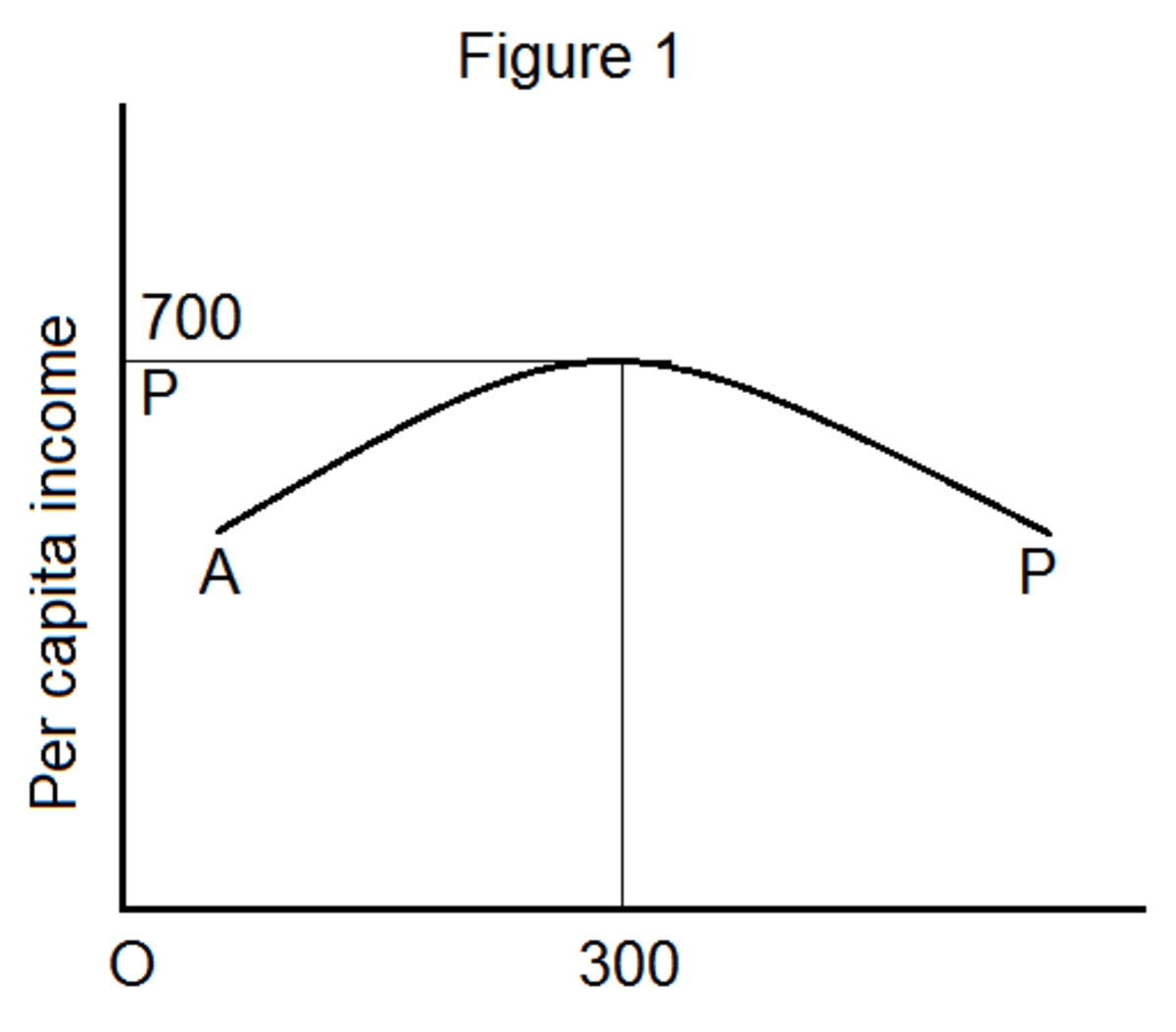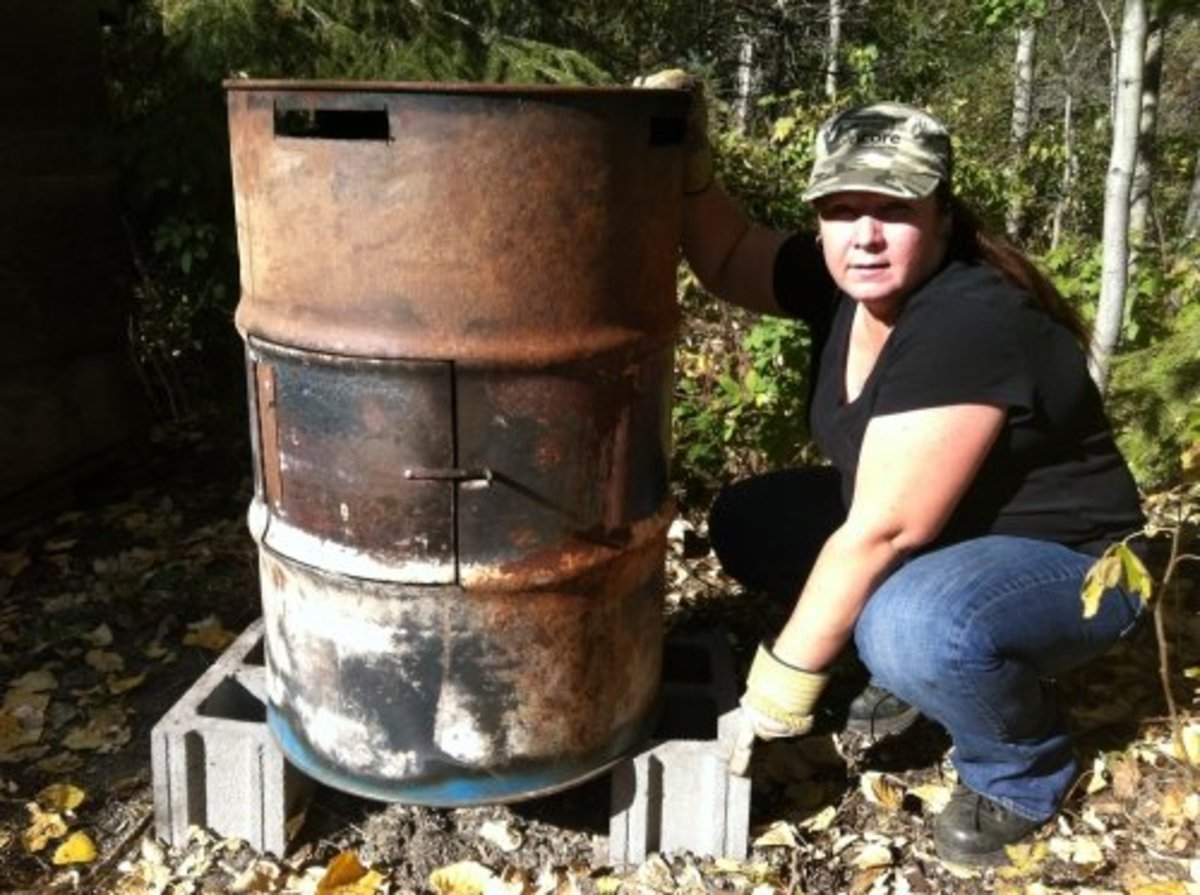The What Why and How of Waste
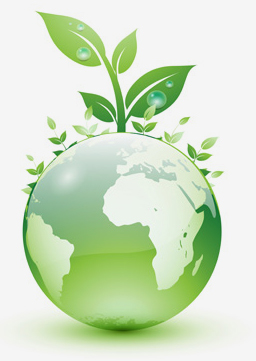
What is considered Waste?
Waste is only a terminology, a human concept!
Where ever man lives, produce is the outcome generated through a process on meeting the demands put forth on nature. When this produce is consumed or utilised, leftover is the outcome of consumption. This leftover is what many individuals term waste!
In other words, waste can be termed as any substance or object a holder discards or intends to discard when viewed unfit for further consumption. This substance fit for disposal by one individual may further have natural properties which contain the elements of wealth for another individual. The problem does not lie in producing waste, as one man’s waste is another man wealth which ultimately is then absorbed back into the earth for processing. The cause to the problem lies when consumption exceeds the very balance of ecology’s ability towards processing the residual outcome.
Waste is a by-product of unsustained development. Sustainable development talks about increasing the availability of natural resources for future generations to benefit, but as a result of engaging into unsustained developmental practices, the current availability of resources are being depleted far more faster than they can be revived through the natural process of environmental decomposition.
To know more on sustainable development:
- Sustained Development- A Means To Transcending Socie...
Sustainable development progresses on transcending societies so future generations can live off on the dividends of current resources
So Where does our rubbish go??
Why does the problem exist?
Only on conceptualising what waste is, can one relate to why the problem exists. The reference of ‘waste’ itself is an effect to a mutli demensional problem, and the cause would be excessive exploitation of natural resources to meet the consumers demands in the market.
The problem arises when man’s production capacity accelerates to meet the demands of human consumption, and this process exceeds the normal rate of the decomposition process that nature engages in.The result hence is the natural resources are depleting far more faster than the rate of regeneration.
As waste does not disappear with the flip of a garbage-disposal switch or the flush of a toilet, it gives rise to mismanaged waste which is often dumped on roads, in water bodies and so on, which in turn is consumed by cattle straying on footpaths and aquatic life in the waters and ultimately ending up in our stomachs. Ever thought of It?? Now, our very own waste it what we perceive as a threat to human society! Once the problem is created there is no means to solving it unless we tackle the problem head on by reducing consumption which most people consider as unpractical.
When production exceeds the processing capacity of ecology, the consequence to arise is instability! This instability leads to what we call garbage or rubbish. The only means of remedial intervention is by engaging in the use of effective waste management techniques. Waste management too is based on a very simple understanding of segregation at source.
In today’s modern society, production engages into manufacturing of complex goods which brings about complexity in the decomposition process. Hence, waste management techniques are assisted in breaking down the complexities by engaging into reuse and recycle methodologies.
How can we Deal with Waste?
Since population is ever increasing, a result of tremendous pressure is being exerted on nature. This imbalance of an increase in the carrying capacity is one of the reasons it’s become very difficult to solve the issue of garbage.
One of the most effective strategies is to tackling waste at source, that is by engaging in the practice of waste minimization. There are three R's to understand this strategy.
- Reduce
- Reuse
- Recycle
If consumption can be reduced at source, then the assisted methods of recycling and reusing does not arise! Hence the solution here would be to alter the negative attitude of greed by reinforcing it with an increase on taxes of non-durable, non-recyclable and environmentally harmful goods which would impact the negative behavior of excessive consumption. This would further reduce or at least put a limit on excessive greedy consumption. The higher taxes put on these goods would be then used to compensate towards the environmental damage.
Waste Management: Hierarchy
| Waste Management: Process
| Waste Management: Methods
|
|---|---|---|
Avoid
| Monitoring
| Recycling
|
Minimize
| Collection
| Incineration (energy from waste)
|
Recycle
| Transportation
| Composting
|
Treat
| Processing
| Landfill sites
|
Dispose
| Disposal in landfill sites/ Inceneration/ Recycling
|
Hierarchy of Waste
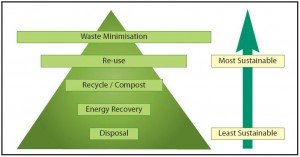
Process of Waste Management
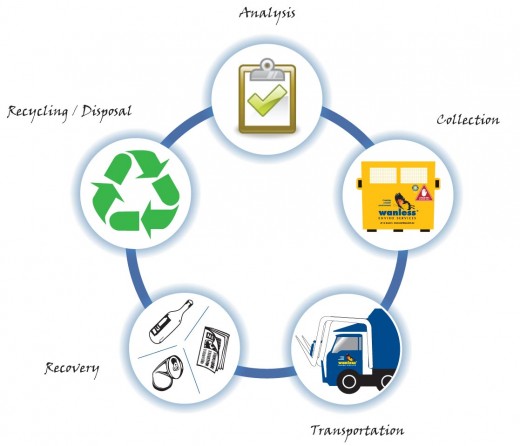
Methods/Modes of Waste Management
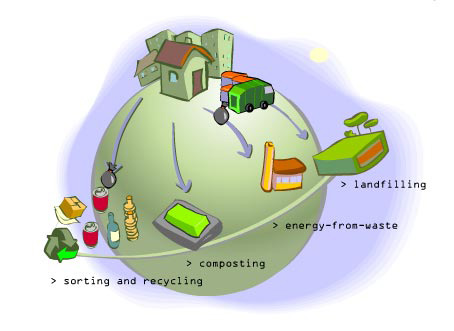
Do you have a clue where your garbage goes?
Conclusion:
It is hence, a must we show concern towards the ecological impact of the environment as our life’s are not separate, rather integrated and connected as one. An individual polluting the environment would inflict damage unto others and oneself in turn!!
My motto goes to say.. ‘How healthy the environment today is, will determine how healthy we are tomorrow.’


